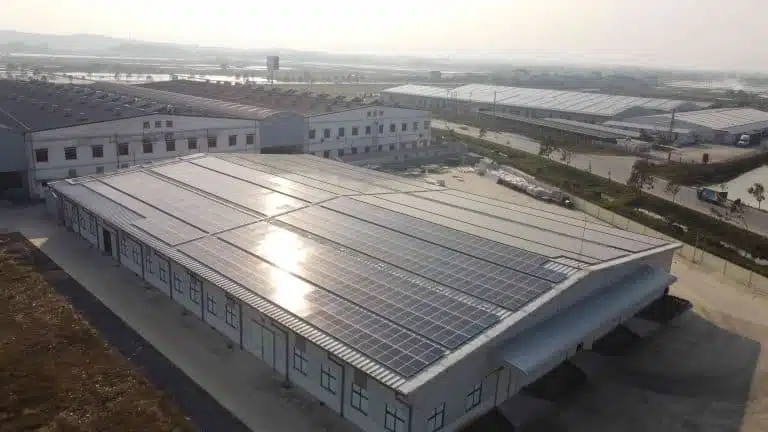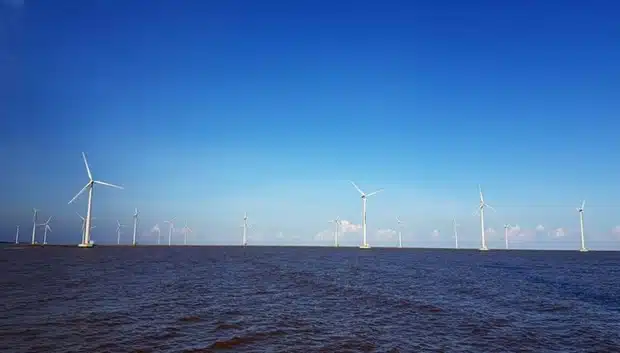A carbon tax reflecting the social cost of carbon is viewed as an essential policy tool to limit carbon emissions: high prices for carbon-emitting goods reduce demand for them. The carbon tax is generally levied on fossil fuels. Some countries have already adopted such a tax and discussions are ongoing in others. There are proponents of a global carbon tax too. Yet, governments are often keener to adopt measures other than a tax to contain carbon emissions. And amongst countries that have adopted a carbon tax, the levels vary substantially, and other measures exist alongside it. It is natural to ask why a carbon tax is not used universally in preference to other policies to limit emissions and why, even if there is such a tax, other policies are needed too.

There are good reasons why governments may not want to use carbon taxes, and one of them relates to their welfare impacts. For example, a carbon tax on fossil fuels is often regressive in its impact- hurting poorer people relatively more than richer ones. Even when it might be progressive, poorer people still suffer a welfare loss when prices rise, making their consumption basket more expensive. Devising transfers to compensate them for this loss is not a simple matter. Compensation systems may not be well developed, and it may be difficult to identify those hurt or to get funds to them. Thus, even if governments impose a tax, they may still balk at levying a carbon tax high enough to reduce emissions to the extent they desire. Another reason that governments may hesitate is that adopting new taxes can be politically difficult because there are entrenched business interests that would lose.
Letting market prices of fossil fuels rise immediately to reflect social costs may not be desirable for other reasons too. The carbon tax on fuel aims to restructure economies by raising the cost of a critical resource- the juice that makes them run. But restructuring takes time as people, capital and other resources do not flow seamlessly into new sectors. During the transition, resources can be unemployed for long periods, and the larger the immediate price increase, the larger the potential disruption in the short term.
Some of the resources used in other sectors will flow into the renewable energy and supporting sectors where both investment and jobs will increase. Yet, this too, will not automatically and immediately make up for disinvestment in fossil fuels, as is already evident. Supply-demand mismatches will happen in the short run. Add to this substantial uncertainty regarding several economic variables, such as the size of fuel reserves, the size of stranded assets, the harshness of winter, the future direction of climate policy, the pace of innovation in the renewables sector, or demand risk, and it is clear how economic disruption may be magnified.
Another issue with carbon taxes is that they target carbon dioxide emitted from fossil fuels. They do not directly target other carbon compounds, such as methane, which has a short atmospheric lifetime but a large warming potential. Carbon emissions from agriculture/ livestock, deforestation, waste management, or poor land use, are hard to assess and monitor, and these are generally not taxed directly. Alternative, non-tax-based policies are needed and used to limit carbon and other GHG emissions from these sources. These include altering manure and waste management, feeding, or land-use practices, among others.
Thus, governments use a variety of targeted policies, and regulations, spreading the adjustment across different segments of markets, societies, and time – in effect, setting a range of implicit taxes and other fiscal incentives. For example, banning all imports of non-EV luxury vehicles, or taxing emissions from all luxury yachts- are clearly policies that aim to penalize wealthier consumers. Requiring office buildings to install energy-saving devices is another targeted regulation; raising parking fees in cities, investing in green public transport, or providing government subsidies for investments in renewable energy are others.
For every target on the number of emissions, there is a policy package that is needed, even when there is a carbon tax, because markets are not perfect or complete, consumers may not be perfectly informed, adjustment is not costless, political sustainability is key, and distribution matters. Where the additional cost of various policies eventually falls depends on the policy package used and the characteristics of the market. But there clearly is a case for a rich policy toolbox.







